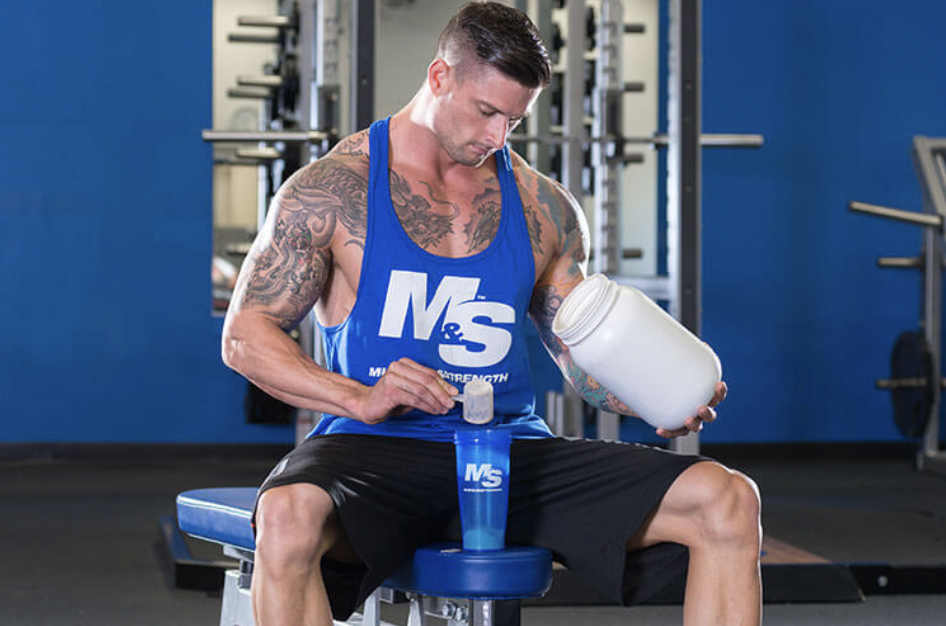The debate over post-workout protein consumption has become a hot topic in online discussions, rivaling even the debates on carbohydrates and ketogenic diets. The argument of “one scoop versus two scoops” has sparked outrage among fitness enthusiasts. Traditionally, the belief was that 30 grams of protein after a workout was the ideal amount, with anything more considered wasteful. However, recent scientific research has challenged this notion, suggesting that 25 grams is the maximum effective amount. This shift in understanding has led to a reevaluation of the optimal post-workout protein intake.
Scientists, in their ever-evolving pursuit of knowledge, have conducted numerous studies to determine the ideal amount of protein for muscle growth and recovery after exercise. One such study conducted by Dr. Tipton’s lab indicates that consuming two scoops (40 grams) of whey protein may be more effective than one scoop (20 grams). Although the difference in muscle protein synthesis between the two amounts was not significant, it does suggest that 40 grams of protein immediately following a workout may lead to higher protein creation. This finding challenges the previous belief in the 30-gram threshold and prompts a reconsideration of optimal protein intake.
It is important to contextualize this recent study within the broader body of research on post-workout protein consumption. Many previous studies indicating that 20 or 30 grams was the upper limit were conducted on non-trained individuals or employed a “split” training style. These studies involved less muscle mass and overall volume compared to the recent study suggesting the slight advantage of 40 grams. While it remains unclear whether this marginal increase in protein intake leads to significant long-term gains, the data suggests that the more muscle mass recruited and the greater the volume of training, the more protein can be effectively utilized for muscle growth.
To determine your optimal protein intake post-workout, several factors need to be considered. Firstly, consider your goals. If you aim to maximize muscle growth and achieve significant gains, it is advisable to err on the side of consuming slightly more protein. Additionally, the amount of lean body mass you carry influences the necessary protein intake to support muscle growth. The type of workout you engage in is also a crucial factor, as a whole-body workout requires more protein than a split workout. Finally, take into account your overall protein consumption throughout the day. If you have had minimal protein intake by the time of your post-workout meal, you may benefit from consuming more than the maximum known “muscle protein synthesis amount.”
While the table provided offers guidance for determining your optimal protein intake, it is essential to recognize that it may not be perfect. However, it can serve as a helpful tool in achieving 95% of the way toward optimizing your post-workout protein consumption. Ultimately, finding the right balance of protein intake based on your individual circumstances and goals is crucial for maximizing muscle growth and recovery.

